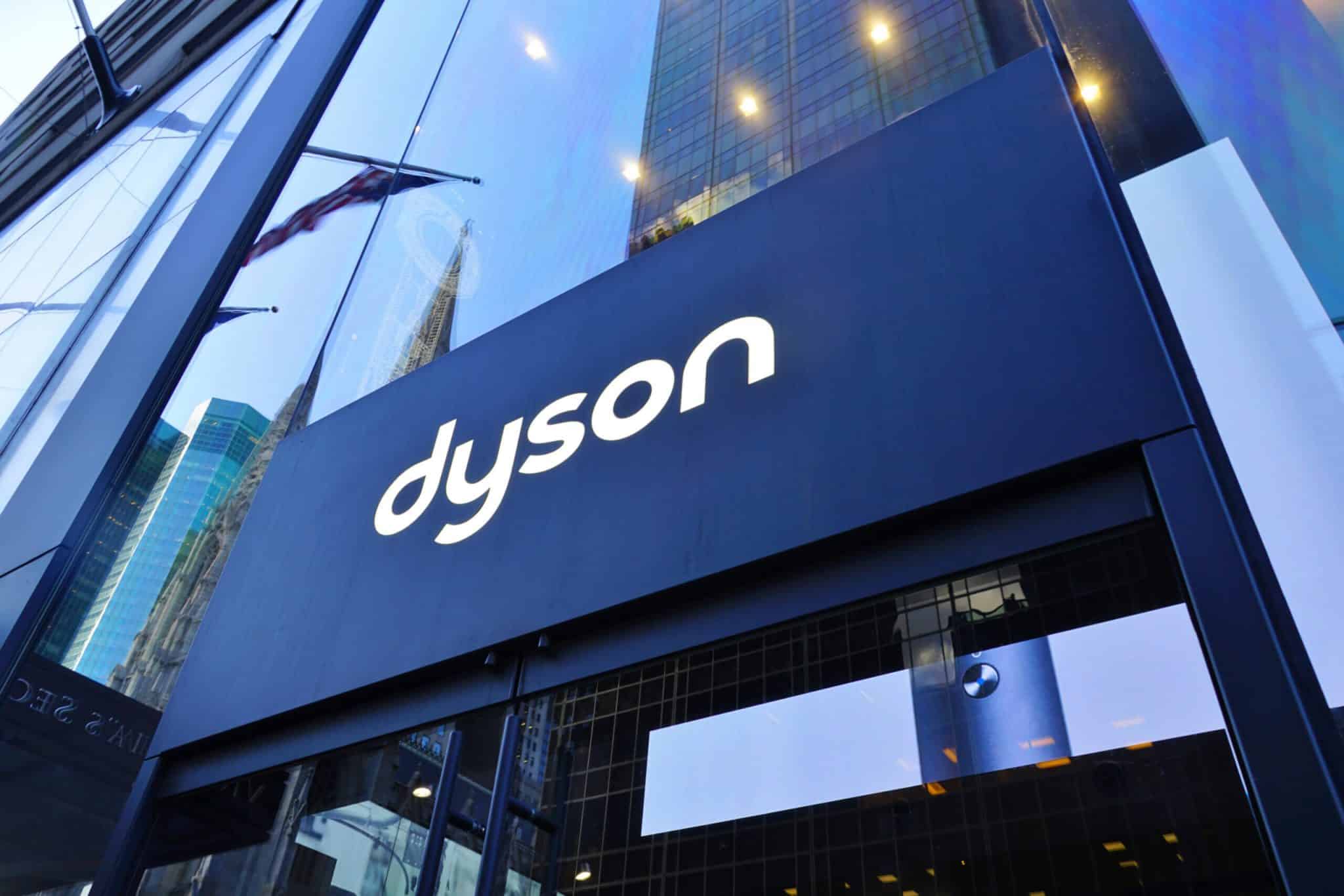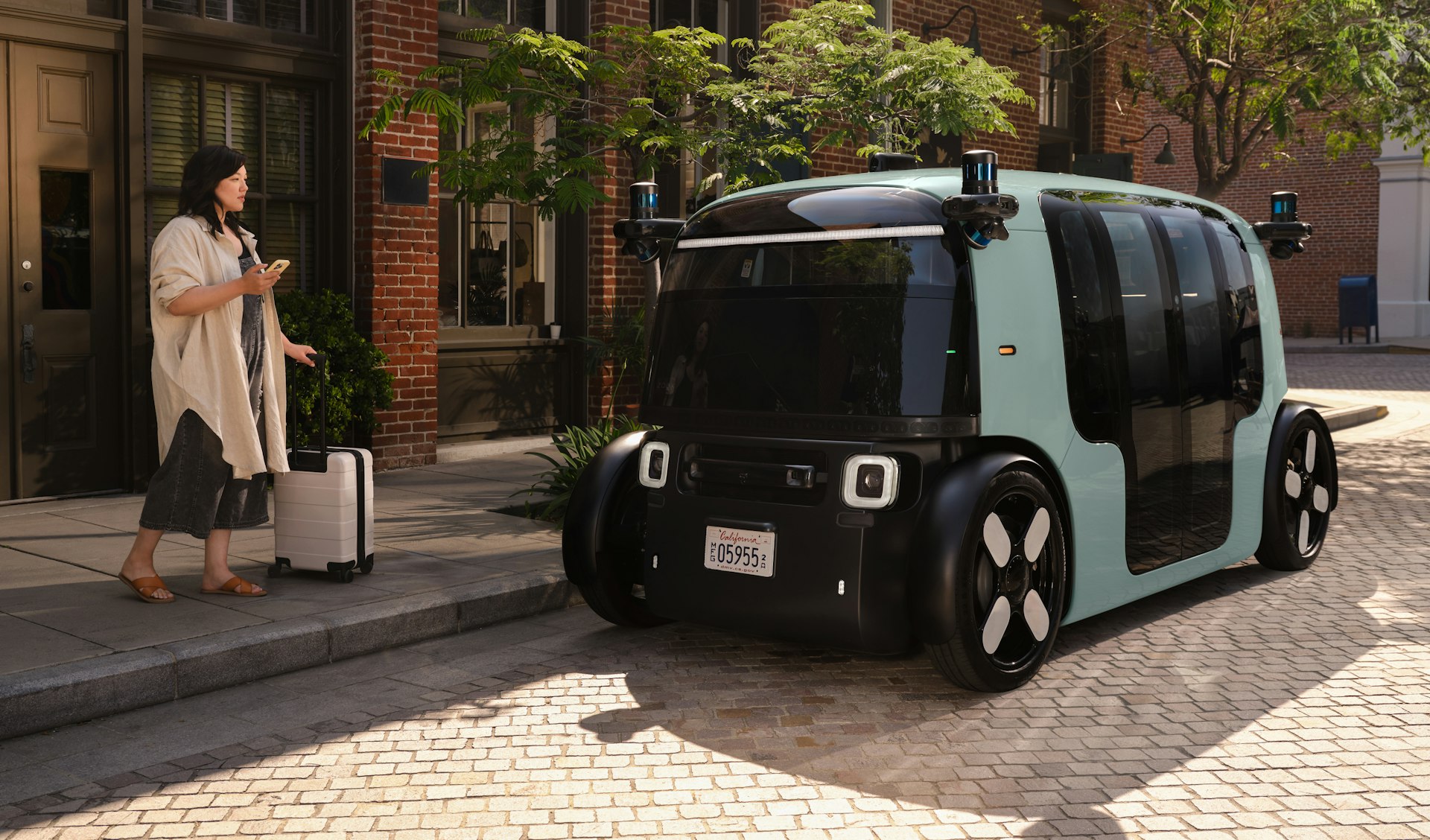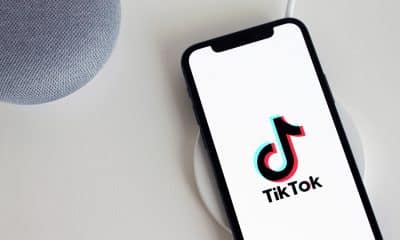Electronics
Car-Tech Trends From CES 2023

The CES show in Las Vegas, which used to be called the Consumer Electronics Show, usually has cars and technology that are more advanced than what you might see at a regular auto show. This year, Edmunds went and reported on the most significant automobiles as well as what new technology car buyers may see in the coming years.
THE TALKING CAR FROM BMW
BMW had one of the more innovative concepts at CES. The I Vision Dee is a talking electric car with artificial intelligence that “will go well beyond the degree of voice control and driver assistance systems we are familiar with today,” according to BMW.
“Dee” is an acronym that stands for Digital Emotional Experience. One important feature is a high-tech head-up display that can project virtual reality onto the windshield and show driving information on the whole windshield. BMW claims that the AI can become excited when it sees you and convey emotions through screens on the front grille.
As if that wasn’t enough, the I-Vison Dee has 240 e-ink panels, including the wheels, that allow it to change colors at will. You could drive a purple car one day and then switch to a checkerboard pattern the next.
These may appear to be far-fetched characteristics, but BMW claims they are real items available in 2025 and beyond.
HONDA AND SONY ARE OBSESSED WITH FEELING
With their new joint venture brand, Afeela, these two well-known businesses hope to thrill vehicle buyers. They displayed their otherwise nameless prototype electric midsize vehicle at CES. They didn’t say much about the sedan’s range or power, but they did say it would have 45 cameras and sensors for automated driving. Afeela also promises “best-in-class entertainment,” A small screen on the grille will show information to both people walking by and the owner of the car.
Honda hasn’t decided yet how Afeela will affect its other upcoming electric cars, but preorders will start in the first half of 2025 and deliveries will start in the spring of 2026.
THE ELECTRIC REVOLUTION OF RAM
The Ram Revolution idea is a sneak peek at what the brand’s first electrified pickup might look like. Some of the most important features are third-row jump seats, a steering wheel that can be pulled back, a glass roof that can be tinted in different ways, and an 18-foot pass-through that lets large items be moved from the bed to the front trunk.
Stellantis, Ram’s parent firm, did not respond to questions about the Revolution’s range or power. Some of the Revolution’s high-tech features may not see production because this was a proof-of-concept prototype, but we’ll know more when the production model is presented later this year. The Revolution is scheduled to go on sale in 2024.
SEDANS GET A DOUBLE DOWN ON VOLKSWAGEN
Volkswagen came back to CES after six years away to show off its first electric sedan, the ID.7. The ID.7 will be large; its 116.9-inch wheelbase is comparable to that of the Tesla Model S. The ID.7 has a range of roughly 435 miles, according to Volkswagen, but that is based on the European testing cycle, so that the figure will be different in the United States.
The ID.7 comes equipped with a 15-inch touchscreen, digitally controlled air vents, and an augmented reality head-up display. VW plans to reveal the final production model in the second quarter of 2023.
VOLVO FOLLOWS A HIGH-DEFINITION MAP
The Volvo EX90 is a seven-seat electric SUV described as a “very advanced computer on wheels” by the firm. According to Volvo, the EX90 will have a range of approximately 300 miles and an electric engine capable of delivering up to 496 horsepower. On the other hand, Volvo emphasized the EX90′s Google HD map integration at CES.
HD maps provide additional detail about road landmarks and other features to improve the vehicle’s awareness of the road. When combined with the EX90′s suite of cameras, radars, and sensors, the more comprehensive maps allow the SUV to have a more accurate sense of its position on the road. Volvo says that the EX90 has all the technology you need to drive with your eyes and hands closed. It won’t be available at first, but Volvo says it will permit it once it can ensure its safety.
Customers can begin configuring their EX90s this fall, but delivery will not begin until early 2024.
EDMUNDS SAYS: We’re wary of some of the claims made about autonomous driving because it’s still a difficult nut to crack, but we’re enthused about high-tech vehicles and color-changing body panels that will be available shortly.
SOURCE – (AP)
Electronics
Dyson To Axe Around 1,000 Jobs In Britain

Dyson, a vacuum cleaner company, will slash approximately 1,000 positions in Britain as part of a global restructuring.

Dyson | NY Times Image
Dyson To Axe Around 1,000 Jobs In Britain
James Dyson, the inventor of the bagless cleaner, founded the company, which employs 3,500 people in Britain, including at its R&D facility in Malmesbury, West England.
On Tuesday, Chief Executive Hanno Kirner stated, “We have grown quickly and, like all companies, we review our global structures on a regular basis to ensure we are prepared for the future.” As a result, we are suggesting organizational modifications that may lead to redundancy.

Dyson | Joe Graham Image
Dyson To Axe Around 1,000 Jobs In Britain
“Dyson works in highly competitive global marketplaces where innovation and change are fast. We understand that we must always be entrepreneurial and adaptable – characteristics that Dyson has long valued.
SOURCE | AP
Business
Sony Says Focus Is On Creativity, With Games, Movies, Music, Sensors, IP, And Not Gadgets

TOKYO — Sony, a Japanese electronics and entertainment company, says it will focus on innovation in movies, animation, and video games rather than traditional gadgetry.
Its CEO, Kenichiro Yoshida, described the company’s plan Thursday, saying Sony was assisting creative workers in delivering what he called “kando,” a moving experience.
Yoshida would not comment on claims that Tokyo-based Sony and Apollo Global Management are interested in acquiring Paramount Global.

Sony | Pixa Bay Image
Sony Says Focus Is On Creativity, With Games, Movies, Music, Sensors, IP, And Not Gadgets
Yoshida stated that the business now focuses on the creative process rather than valuing prior items such as the Walkman portable music player and Trinitron color televisions. He stated that “synergies” are no longer defined by entertainment and electronics but by intellectual property encompassing animation, music, gaming, and films.
In an online briefing, he stated, “We will continue to support people’s creativity through our technology.”
Sony is adapting to harsher circumstances, as competitors produce cheaper but competitive gadgets. According to critics, pursuing careers in film, music, and other forms of entertainment can be financially difficult.
Beginning with the acquisition of EMI Music Publishing in 2018, Sony has invested over 1.5 trillion yen ($10 billion) in the last six years to boost its content creation.

Sony | Pixa Bay Image
Sony Says Focus Is On Creativity, With Games, Movies, Music, Sensors, IP, And Not Gadgets
In 2021, it bought Crunchyroll, which has over 13 million paid customers and distributes Japanese cartoons worldwide. Another was Yoasobi, a Japanese music duet that uses Vocaloid technology, or singing voice synthesizer software, and has gained a global following.
Sony’s real-time computer technology, which records “this moment,” as Yoshida called it, is employed in sports cameras because it can catch fast-moving subjects without distortion
According to Yoshida, it is also utilized for news coverage and editing, 3D video and computer graphics, including successful movies like “Godzilla Minus One” and games based on human athlete movements
Sony | AP News Image
Sony Says Focus Is On Creativity, With Games, Movies, Music, Sensors, IP, And Not Gadgets
Sony recently recorded a quarterly profit of 189 billion yen ($1.2 billion), up from 141 billion yen the year before. The PlayStation gaming machine manufacturer’s quarterly revenue increased 14% to 3.48 trillion yen ($22 billion).
However, for the fiscal year ending March 31, Sony’s profit fell 3% to 970 billion yen ($6.2 billion) due to poor performance in its financial services sector, which will be largely split off next year.
SOURCE – (AP)
Business
Amazon’s Self-Driving Robotaxi Unit Zoox Under Investigation By US After 2 Rear-End Crashes

DETROIT — The US government’s highway safety department is looking into Amazon’s self-driving robotaxi company after two vehicles braked unexpectedly and were rear-ended by motorcyclists.
The National Highway Traffic Safety Administration announced Monday that it will assess Zoox’s automated driving system.
Both accidents occurred during the sunlight, and the riders sustained minor injuries. In all cases, the agency established that the Amazon vehicles operated in autonomous mode before the crashes.
AP – VOR News Image
Amazon’s Self-Driving Robotaxi Unit Zoox Under Investigation By US After 2 Rear-End Crashes
According to the government, the investigation will focus on the performance of the company’s automated driving system during the crashes and how it operates in crosswalks near pedestrians and other vulnerable road users.
A message was left early Monday requesting a response from the company.
Zoox reported the crashes by a requirement granted to automated vehicle firms in 2021.

Zoox – VOR News Image
Amazon’s Self-Driving Robotaxi Unit Zoox Under Investigation By US After 2 Rear-End Crashes
According to estimates, Amazon paid more than $1 billion for Zoox in June 2020. In 2023, the Foster City, California-based business announced that one of its unique-looking four-person shuttles would automatically transport personnel on public highways along a mile-long (1.6-kilometer) route between two facilities.
The corporation then planned to develop an exclusive shuttle service for its employees. Analysts believe Amazon will deploy the system for autonomous deliveries.
The cars feature no steering wheel or pedals. The interior is carriage-style, with two benches facing each other. It is a little under 12 feet (3.7 meters) long, about a foot (a third of a meter) shorter than a conventional Mini Cooper, and can reach 35 mph (56 km/h).

Zoox – VOR News Image
Amazon’s Self-Driving Robotaxi Unit Zoox Under Investigation By US After 2 Rear-End Crashes
The company was already under investigation by the NHTSA. In March 2022, the government began investigating the company’s certification that its car fulfilled federal safety standards for motor vehicles.
The agency stated at the time that it would investigate if Zoox used its testing techniques to establish that certain federal criteria did not apply due to the robotaxi’s unique configuration.
SOURCE – (AP)
-
World2 weeks ago
Former President Trump Survives Being Shot at Pennsylvania Rally
-
Tech4 weeks ago
Huawei Launches 5G-A Pioneers Program at MWC Shanghai 2024: Paving the Way for a Connected Future
-
Sports4 weeks ago
NBA Draft: Kyle Filipowski Withdraws Unexpectedly From The First Round
-
Tech4 weeks ago
ChatGPT Answers Undiscovered Questions and Outperforms Students.
-
News4 weeks ago
US Supreme Court Rejects Drug Deal that Protects the Sackler Family
-
Business4 weeks ago
Free Speech And Digital Rights Groups Argue TikTok Law Would Infringe On The First Amendment


























